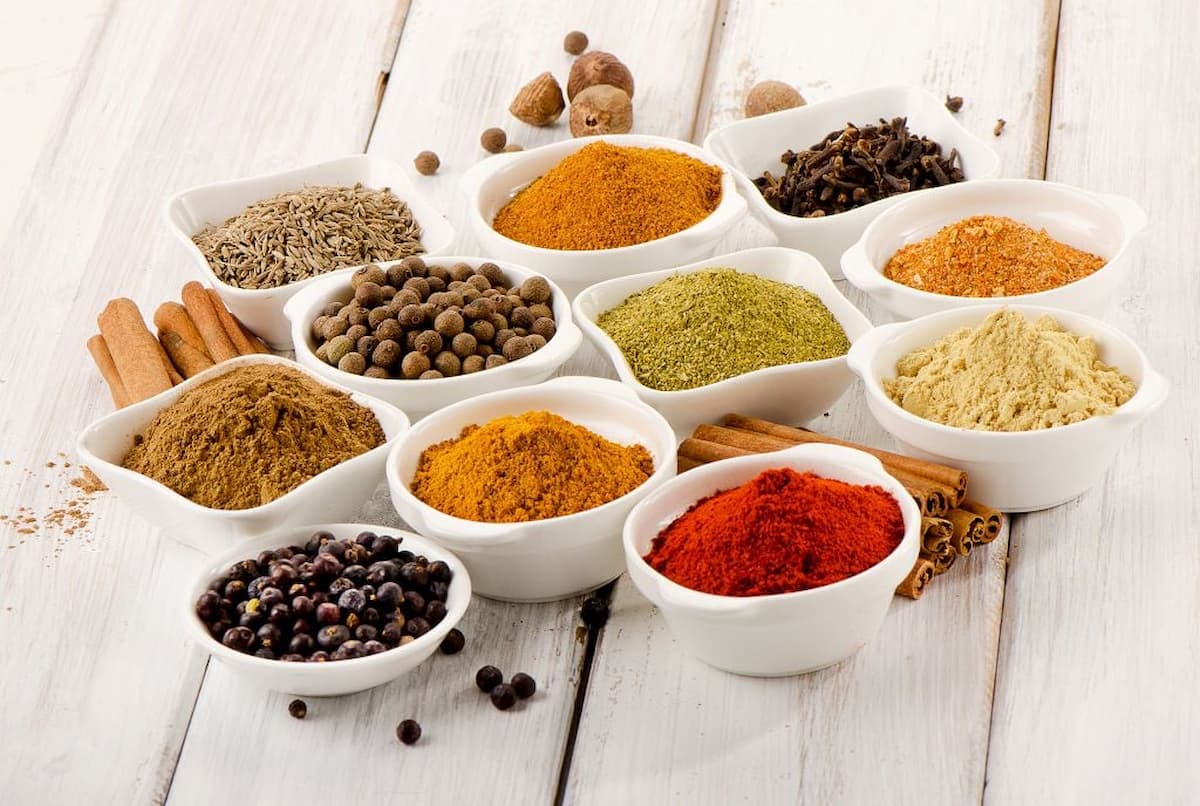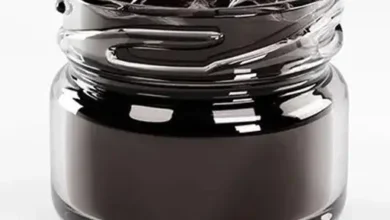Ways to Elevate Your Cooking with Homemade Spices

Cooking is an art that allows one to express creativity and love for flavors. One way to elevate your cooking is by using homemade spices. Homemade spices are fresh, free from preservatives, and can be tailored to your taste. Below are some ways to elevate your cooking with homemade spices, from creating unique blends to growing your herbs. After making your own spice blends, be sure to check out some online curry paste recipes, and try them to see how flavorful your homemade spices are!
Creating Unique Spice Blends
One of the first steps in elevating your cooking with homemade spices is creating your unique spice blends. When you mix spices in a blend, you create an entirely new flavor profile that can dramatically enhance the taste of your dishes. Examples of popular spice blends include Garam Masala, Herbes de Provence, and Chinese Five Spice. By making these blends at home, you can change the proportions to fit your taste and create a truly unique flavor.
Growing Your Herbs
Having a small herb garden can provide you with fresh, organic herbs anytime you need them. Herbs like basil, rosemary, thyme, and mint are effortless to grow and need minimal space. Whether you have a small balcony, a sunny windowsill, or a backyard garden, growing your herbs is a rewarding way to elevate your cooking. Freshly picked herbs have a superior flavor and aroma compared to store-bought dried herbs.
Drying and Storing Herbs
Once you have a bounty of fresh herbs, drying and storing them properly is crucial to maintaining their flavor. Herbs can be air-dried or dried in a dehydrator. Once dried, they should be stored in airtight containers away from light and heat to preserve their flavor. Labeling your containers with the name of the herb and the date it was dried helps keep your spice cabinet organized and ensures you’re using the freshest spices possible.
Experimenting with Flavors
Feel free to experiment with different spice and herb combinations. Trying new combinations can lead to discovering delightful new flavor profiles. A simple way to start is by adding a new herb or spice to a familiar recipe idea and noting the difference in flavor. Experimentation also extends to trying different methods of preparing spices, such as roasting or frying them before grinding, which can bring out different flavors and aromas.
Learning From Cultures Around The World
Many cultures around the world have rich traditions of using spices in cooking. By exploring different cultural cuisines, you can learn about new spices and how they are used to create distinctive flavors. Incorporate these new learnings into your cooking to expand your flavor palette and create more complex, exciting dishes.
Every region has its unique spices and spice blends. For example, Middle Eastern cuisine is known for its za’atar and sumac, while Southeast Asia is famous for its use of lemongrass and galangal. By exploring regional spice varieties, you can bring a touch of global flavors into your kitchen. This exploration can be an educational journey, letting you learn about the traditional uses of different spices and how they can be incorporate into your cooking.
Investing in Quality Ingredients
The quality of spices you use can significantly impact the final taste of your dishes. When possible, invest in high-quality, organic spices. They may be fresher and free from unwanted additives. This is particularly important when making your spice blends or grinding spices at home, as better quality ingredients will result in better flavors.

Utilizing Whole Spices
Whole spices tend to retain their flavor for longer compared to ground spices. Buy whole seasonings and grind them as needed. This extra step ensures you’re getting the freshest, most potent flavors in your cooking. It also gives you the flexibility to grind spices to your preferred consistency, whether you want a fine powder or a coarser texture. Investing in a good quality spice mortar and pestle or grinder allows you to grind your spices as needed, ensuring the freshest, most potent flavors in your cooking. When spices are ground, they begin to lose their flavor over time. However, when you grind them fresh, you’re getting the full spectrum of flavors and aromas.
Roasting Spices
Roasting spices before grinding them can intensify their flavors and add a new dimension to your dishes. This technique is often use in Indian cooking, where spices are dry roasted to bring out their aromatic oils before being ground into a powder. Experiment with roasting spices like cumin, coriander, and fennel seeds to see how they change their flavor profiles.
Learning the Science of Spices
Understanding the science of how species interact with other ingredients and how they change during cooking can significantly elevate your cooking. For instance, some spices are fat-soluble, meaning they release their flavors when cooked with oil. Others might be water-soluble and are better suited for soups and stews. Learning these nuances can help you use spices more effectively in your cooking.
Conclusion
Elevating your cooking with homemade spices is a journey fill with flavors, aromas, and learning experiences. By diving deeper into the world of spices, your cooking skills will improve, and your appreciation for the endless combinations and taste profiles will grow immensely. Each step you take – whether it’s growing your herbs, experimenting with new spice blends, or learning from different cultures – brings you closer to becoming a more proficient and adventurous cook.


